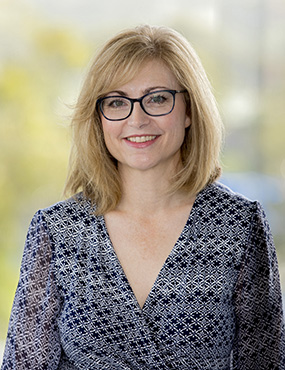Study finds that social participation is key
Professor Johanna Westbrook is leading a project that aims to improve the quality of life for thousands of older Australians living in the community.

Improving quality of life in aged care
Five years ago, Professor Westbrook came to Macquarie University as a Director with the Australian Institute of Health Innovation (AIHI).
Since then, she’s led many projects that directly impact people’s lives, serving as Director of the Centre for Health Systems and Safety Research in AIHI.
“AIHI’s research is focused on creating safe and sustainable health care systems,” she says. “Coming to Macquarie was a great fit for what we were trying to achieve.”
Today, AIHI has 170 multidisciplinary researchers. Westbrook and her team partnered with aged care provider Uniting to investigate how social isolation impacts older adults’ quality of life and how that can be improved.
“In aged care, the focus often tends to be on assessing an individual’s physical needs,” Westbrook says. “And yet we know that a priority for people is maintaining and improving their quality of life, and social participation is an incredibly important part of that.”
After receiving an Australian Research Council Linkage Project grant and funding from the Commonwealth Department of Health, Westbrook and her team are addressing this disconnect. More than 1400 Uniting clients receiving aged care services at home completed two surveys with their case managers, which asked about aspects of their life and community participation.
“It’s the first time such assessments have been integrated, on a large-scale, as part of routine practice in Australia, and we got a very strong positive response from clients,” says Westbrook. “Just having the case manager ask those questions was really important to the clients; having the chance to talk about what was important to them, that sometimes they were lonely and found it very difficult to go out and participate in community activities.”
Case managers are using this information to better-target services to their clients. The program continues to expand with surveys now translated into Mandarin, Korean and Turkish. The researchers are working with other providers to embed quality-of-life assessments into practice with the goal of supporting adoption in aged care services throughout Australia.